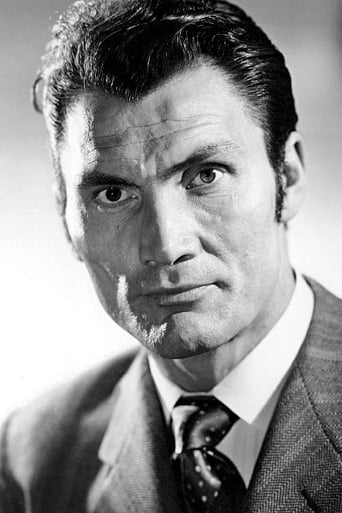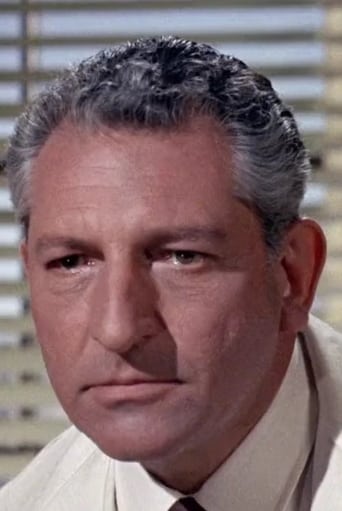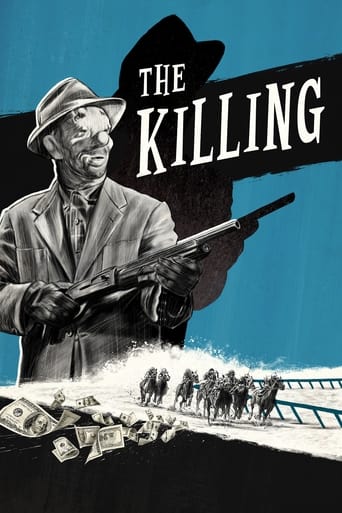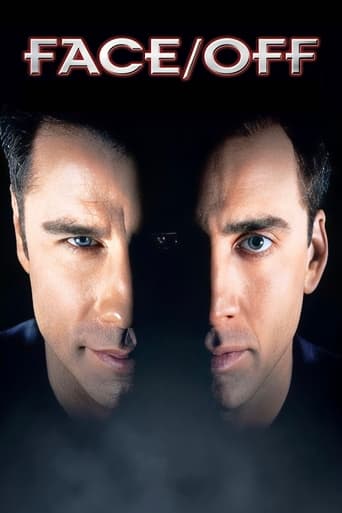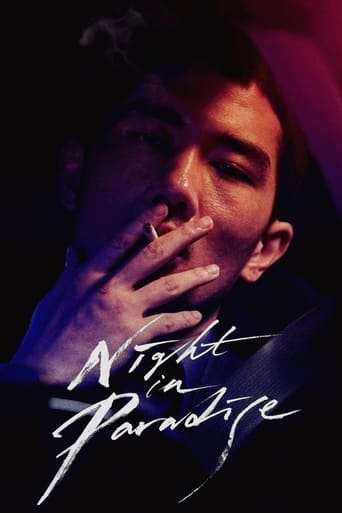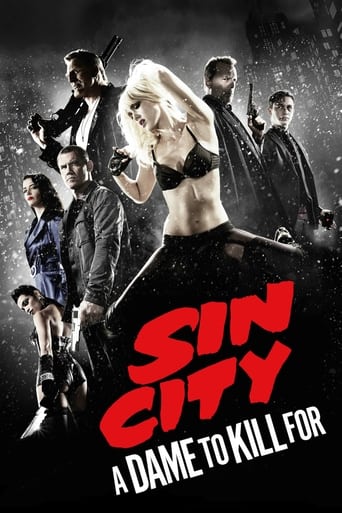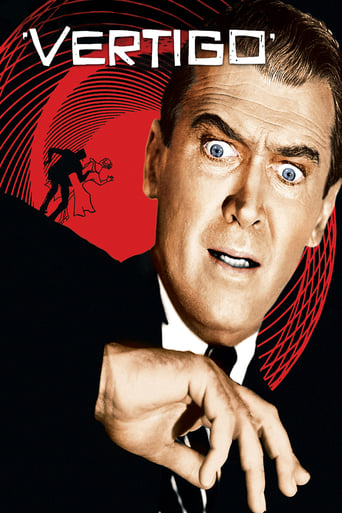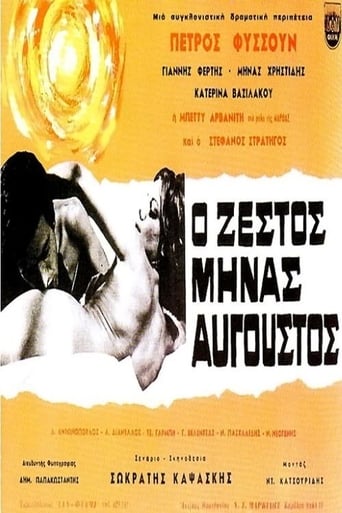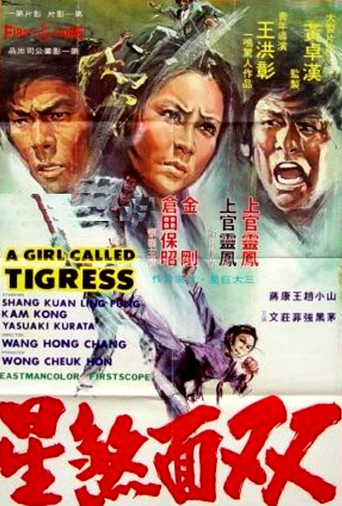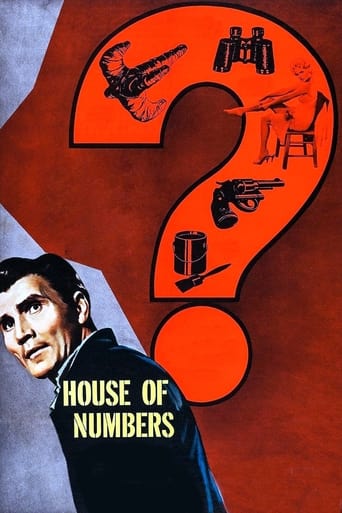
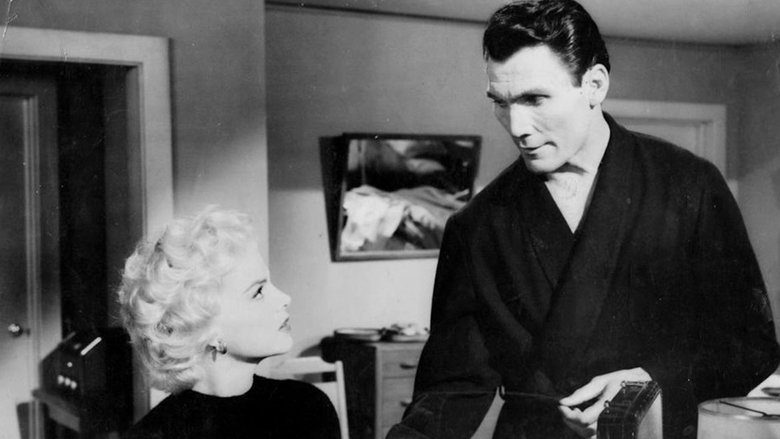
House of Numbers (1957)
Story of twin brothers - one trying to help another escape from prison.
Watch Trailer
Cast


Similar titles
Reviews
The Worst Film Ever
People are voting emotionally.
hyped garbage
Exactly the movie you think it is, but not the movie you want it to be.
The main point of interest, personally, of 'House of Numbers' was Jack Palance, an always watchable actor, despite his resume being a very mixed bag, who specialised in playing villains and intense characters.Palance, in a dual role as two brothers, is also by far the best thing about 'House of Numbers'. He does fare better as Arnie, the role is meatier and plays to his strengths far more, allowing him to show some menace and intensity without ever going overboard. He does however do a good job too as Bill, the more sympathetic role which sees Palance more appreciatively understated than usual but in comparison Bill is a little underwritten though still easy to identify with. Overall though, he is incredibly effective at differentiating between the two brothers, a demanding task and he does excellently.It's not just Palance that makes 'House of Numbers' worth seeing though. The rest of the performances are also very good, with Barbara Lang beautiful and poignantly subdued and Harold J. Stone effectively cunning. You would be hard pressed to find a nicer prison warden than the one played by Edward Platt here, and Timothy Carey is very memorable and quite a breath of fresh air. 'House of Numbers' is very nicely made, with beautiful moody photography that never looks jagged or blurry and the prison is an imposing character on its own. André Previn's music score is ominous but also subtle and composed and placed cleverly.While the story is less than perfect, there are some twists that keep it from being a standard thriller and there is some low-key suspense. The prison escape scheme is at times pretty ingenious. The characters maintain interest and the chemistry between the actors is continually good. 'House of Numbers' also could have been much more. It did need more pace and excitement than what Russell Rouse managed to provide, especially the ending which was rather too sedate for my tastes. The script is underdeveloped and confused, and while it is not dull by all means the story is less than perfect in execution, too often falling into implausibility. Overall, definitely worth watching for particularly the cast (notably Palance) though with better direction, scripting and more even storytelling 'House of Numbers' also could have been much more. 6.5- 7/10 Bethany Cox
I saw this film when it first came out, in 1957. I was a child then, but this movie still stays with me. One unique thing about the movie is in the non-dialogue scenes. SHOWING the audience something. In this case, Jack Palance goes to the hardware store and buys all the materials he needs to make his own grappling hooks--rope, plywood and duct tape. We watch him doing this, as he marks the pattern onto the wood, and starts cutting. But we don't know what he's doing--what's going on--until he's done. --Masterful filmmaking!As far as the rest of the story goes--a guy breaking in to prison to help his brother break out--that seemed original enough, although I'm pretty sure TV has used this idea since then--what was that series a couple years back?--Prison Break or something.
A convict enlists his wife and his brother to help him bust out. This one has two interesting elements. One, it's actually filmed at San Quentin, lending the picture some realism. Two, both brothers -- although not twins -- are played by Jack Palance. The breakout scheme is beautifully detailed, clever and intricate. It's a nice piece of business. Palance is okay but not at his best, and although Barbara Lang gets the job done, she doesn't leave a lasting impression. Two smaller roles jump out: Harold J. Stone as the creepy guard, and a cellmate played by the great Tim Carey, who can always be counted on for an eccentric performance. I typically enjoy a good prison break movie (much like I enjoy heist films) so I was happy with it, but if you're not a fan of the genre you can probably skip this one. Beyond the mechanics of executing the plan, the film doesn't offer much of interest.
As director and screenwriter, Russell Rouse usually had something a little different up his sleeve, at least when he was toiling in film noir. His D.O.A remains one of the best-remembered films of the cycle, but he also contributed The Well, The Thief, Wicked Woman, and New York Confidential each of them at least some distance off the beaten track. His films tended to be less ostentatious than their rivals quieter even (none quieter than The Thief, that dialogue-free experiment).House of Numbers was his last urban crime drama; he would go on to helm a few westerns and, in 1966, the dreadful The Oscar. But House of Numbers shows him in reasonably fine form. Jack Palance plays brothers: Arnie, in San Quentin for killing a man in a fight (he was a boxer so his hands are `lethal weapons') and Bill, who moves to San Francisco to spring him out. His helpmate in this Mission-Impossible-style scheme is Arnie's wife Ruth (Barbara Lang). The scheme is far from simple, involving Bill's smuggling himself into prison for a spell and posing as Arnie (not so far-fetched, since the same actor plays both roles). But things go wrong, such as Bill and Ruth happening to rent a house next to that of a prison guard who knows Arnie, and then falling in love with one another....Though House of Numbers may be the least violent Big-House story ever filmed, Rouse doesn't let the reins go slack. He twists the plot along to its surprisingly sedate conclusion, and brings it off. Maybe the most memorable aspect of the film is Barbara Lang's subdued and touching performance. This blonde stunner's film credits could be counted on the fingers of a maimed hand, and that's both a puzzle and a shame.The score, too is memorable, thanks to André Previn. His galley years in Hollywood, before he left to become a `serious' conductor and composer, were spent on a startling number of low-budget productions, including many noirs. He did them proud. Had he teamed up with a director of auteurist aspirations, like Hitchcock, he might have become legendary for his scores, like Korngold or Herrmann or Webb. (But then, we might not have gotten his opera A Streetcar Named Desire.)


